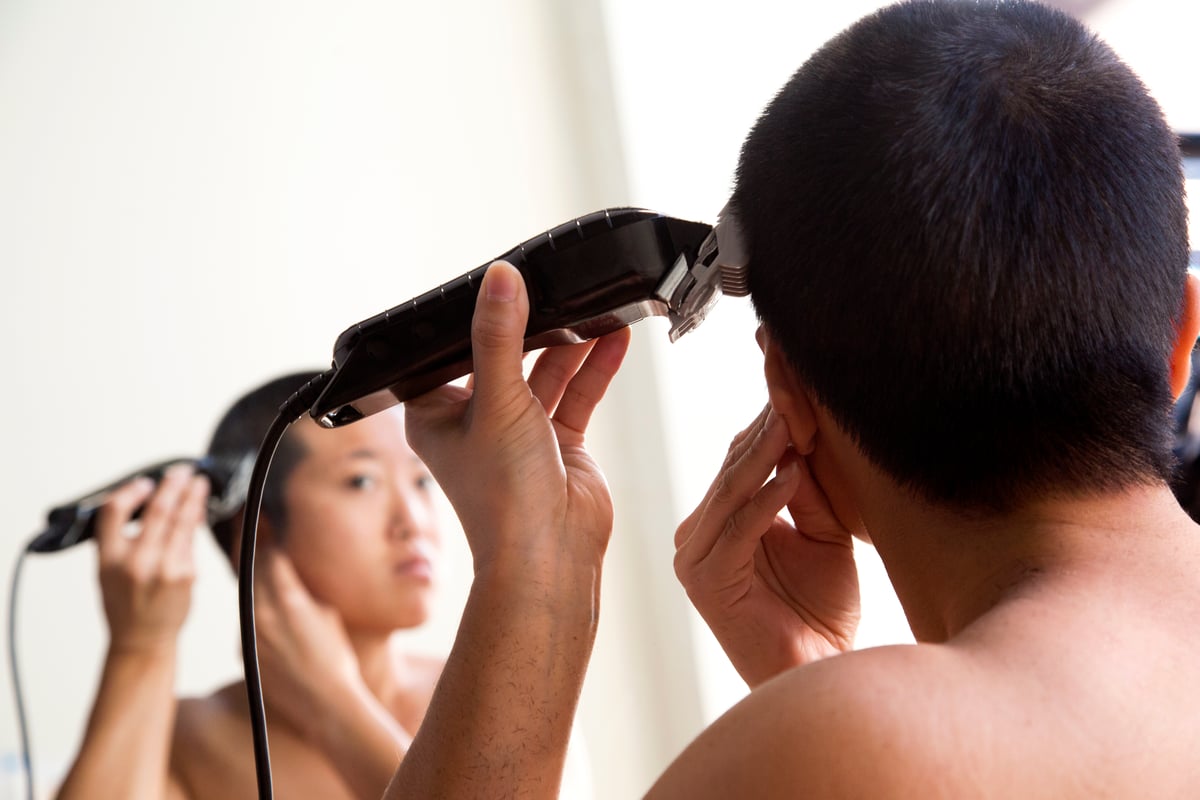
When I was 15 years old, I saved up my money to buy a bunch of pimple-targeting skincare products at the chemist. I wanted skin that was glowing and clear – the kind of skin I saw in magazines like Dolly and Cosmo.
In my early 20s, I paid to have someone rip every morsel of hair from my nether regions with hot wax (despite having full-blown skin reactions after each session), before eventually having it all lasered off by a professional.
More recently, in my early 30s, I paid a cosmetic specialist to stab my face repeatedly with tiny needles and spent more money than I'd like to think about on serums and tools to keep my complexion looking plumper, glowing and younger for longer.
Watch: A model and skateboarder redefines what beauty means to her after dog attack. Post continues below.
I regularly spend over $100 on top-ups of my favourite Giorgio Armani Luminous Silk Foundation.
My bathroom, nay – my entire house – is filled with tiny glass pots, jars and tubes. So much so, my bathroom cabinet barely closes. (I leave just enough room to fit my husband's two products: a face cream he doesn't use and some beard oil from 2018).
And there's now a word for it.
My dedication to a time-consuming and costly beauty routine is all part of what's been dubbed 'beauty duty' – a phrase popularised by Chinese social media influencers, asking: Who are we doing this for?
Top Comments